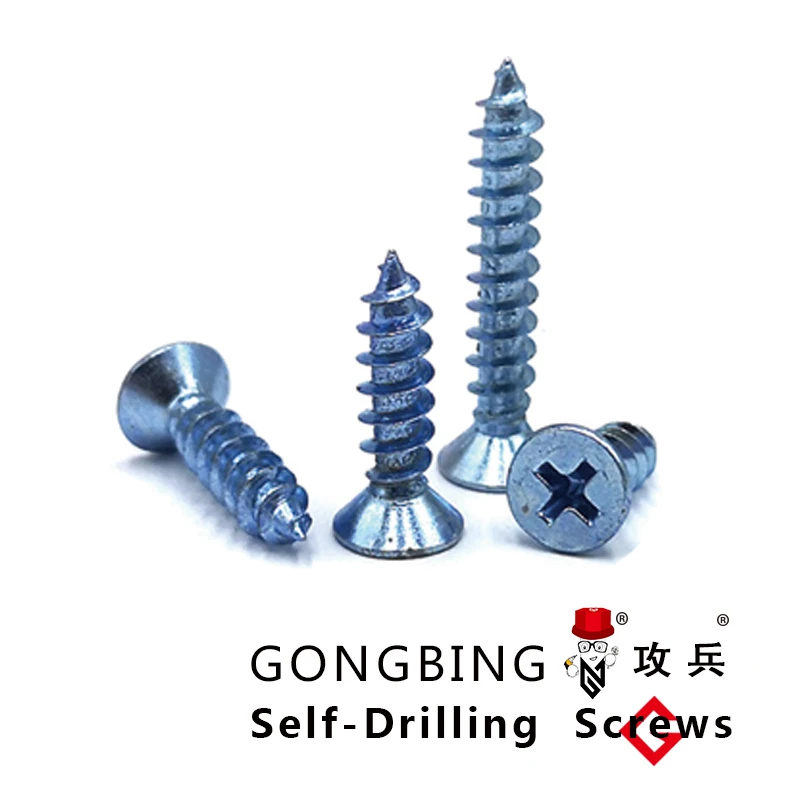chemical fixing bolts
Chemical Fixing Bolts An Overview
Chemical fixing bolts, also known as chemical anchors, represent a significant advancement in anchoring technology, particularly in construction and engineering applications. These innovative fasteners are designed to provide superior load-bearing capabilities and exceptional resistance to environmental factors when compared to traditional mechanical anchors. This article explores the characteristics, benefits, and applications of chemical fixing bolts.
Chemical fixing bolts consist of two primary components a bolt or rod and a specialized adhesive or resin. The adhesive is injected into a pre-drilled hole in the base material, followed by the insertion of the bolt. The chemical reaction between the adhesive and the surrounding material forms a strong bond, enabling the anchor to achieve high load capacities while significantly reducing the risks of failure that can come with mechanical fasteners.
One of the standout advantages of chemical fixing bolts is their versatility
. They can be used in various base materials, including concrete, brick, and stone, making them suitable for diverse applications. Additionally, these bolts are effective in both wet and dry conditions, which expands their usability in environments where traditional anchors might not perform reliably. This property is particularly advantageous in outdoor or marine applications, where exposure to water and varying temperatures can compromise mechanical anchors.chemical fixing bolts

Another notable benefit is the reduced risk of cracking in glued materials. When using mechanical anchors, especially in reinforced concrete, installation can cause micro-cracks due to stress concentrations. Chemical fixing bolts, with their expansive bonding properties, alleviate this issue by distributing the load more evenly and securely anchoring the substrate without inducing significant stress.
Moreover, chemical fixing bolts provide excellent resistance to vibration and dynamic loads. This characteristic makes them a preferred choice in applications like machinery anchoring, where continuous movement and vibration can significantly impact the holding strength of fasteners. The chemical bonds fostered in the setting process offer enhanced resilience against loosening, a critical factor in maintaining the integrity of structures over time.
However, it is important to note that the installation of chemical fixing bolts requires adherence to specific guidelines. The curing time for the adhesive must be observed, as premature loading can lead to bond failure. Furthermore, the selection of appropriate resins based on the environmental conditions and loads expected is crucial for optimal performance.
In conclusion, chemical fixing bolts stand out as a reliable, versatile, and high-performance solution for a variety of anchoring needs. Their ability to deliver strength, adaptability across materials, and resistance to environmental challenges makes them an indispensable tool for construction professionals. As technology continues to advance, the utilization of chemical fixing bolts is likely to grow, offering innovative solutions to complex anchoring problems across various industries.
-
Weatherproof Plastic Expansion Anchors for OutdoorخەۋەرلەرJun.06,2025
-
Sustainability in the Supply Chain: Eco-Friendly TEK Screws ProductionخەۋەرلەرJun.06,2025
-
Load-Bearing Capacity of External Insulation FixingsخەۋەرلەرJun.06,2025
-
Double Head Bolts: Enhancing Efficiency in Industrial MachineryخەۋەرلەرJun.06,2025
-
Corrosion Resistance in Chipboard Screws: Coatings for Wholesale DurabilityخەۋەرلەرJun.06,2025
-
Butterfly Toggle Bolts : Enhancing Structural ResilienceخەۋەرلەرJun.06,2025
